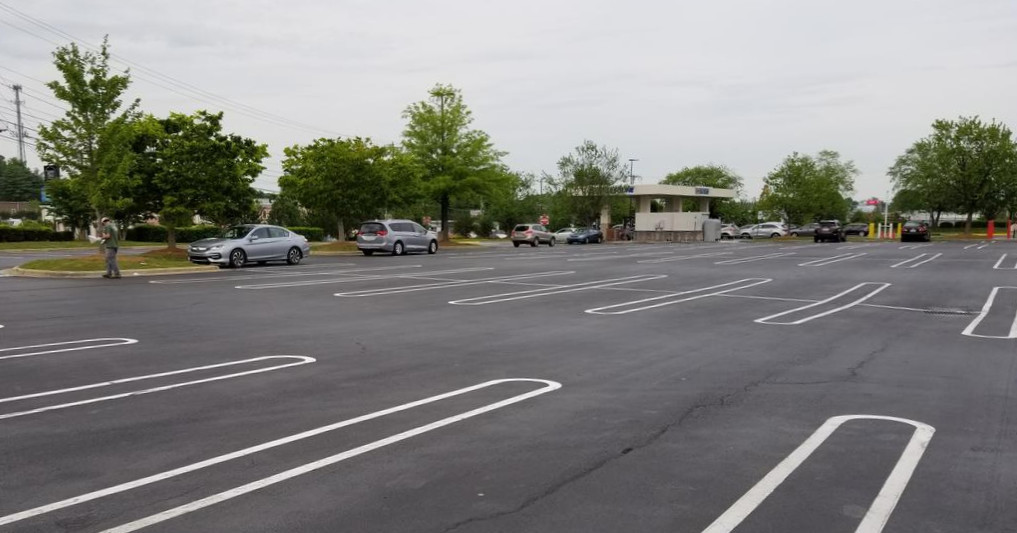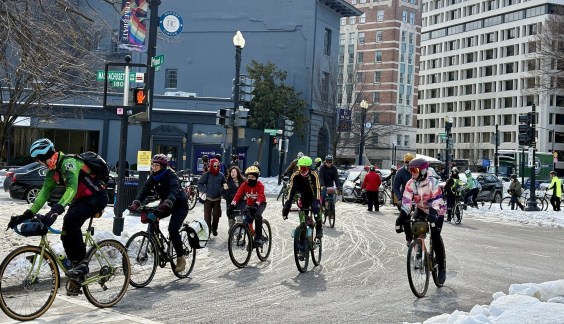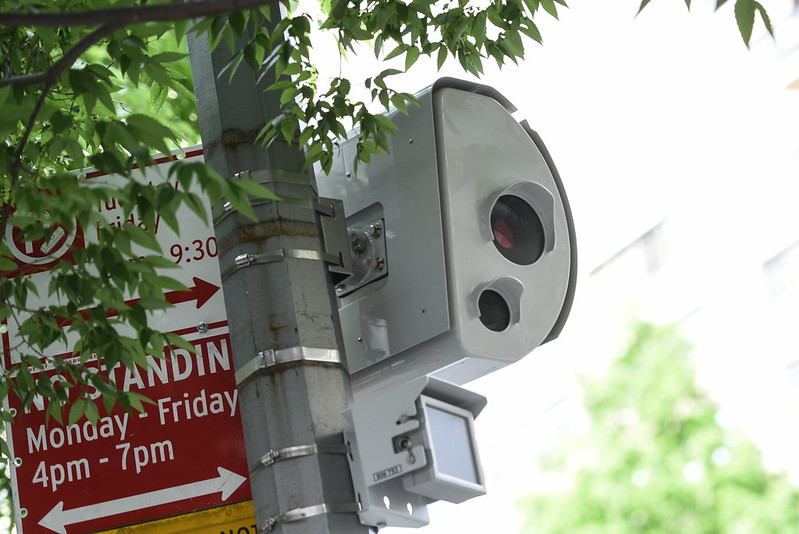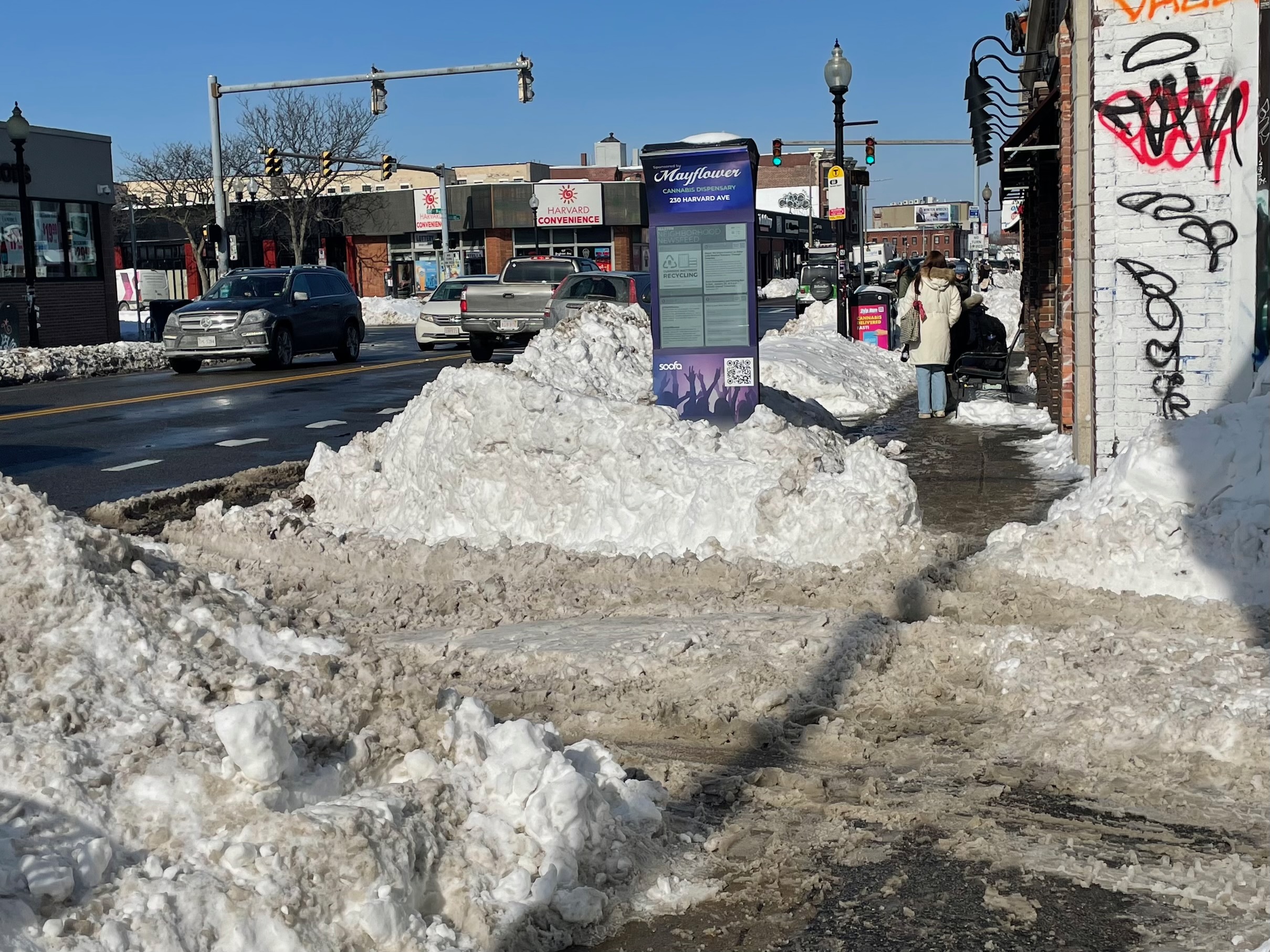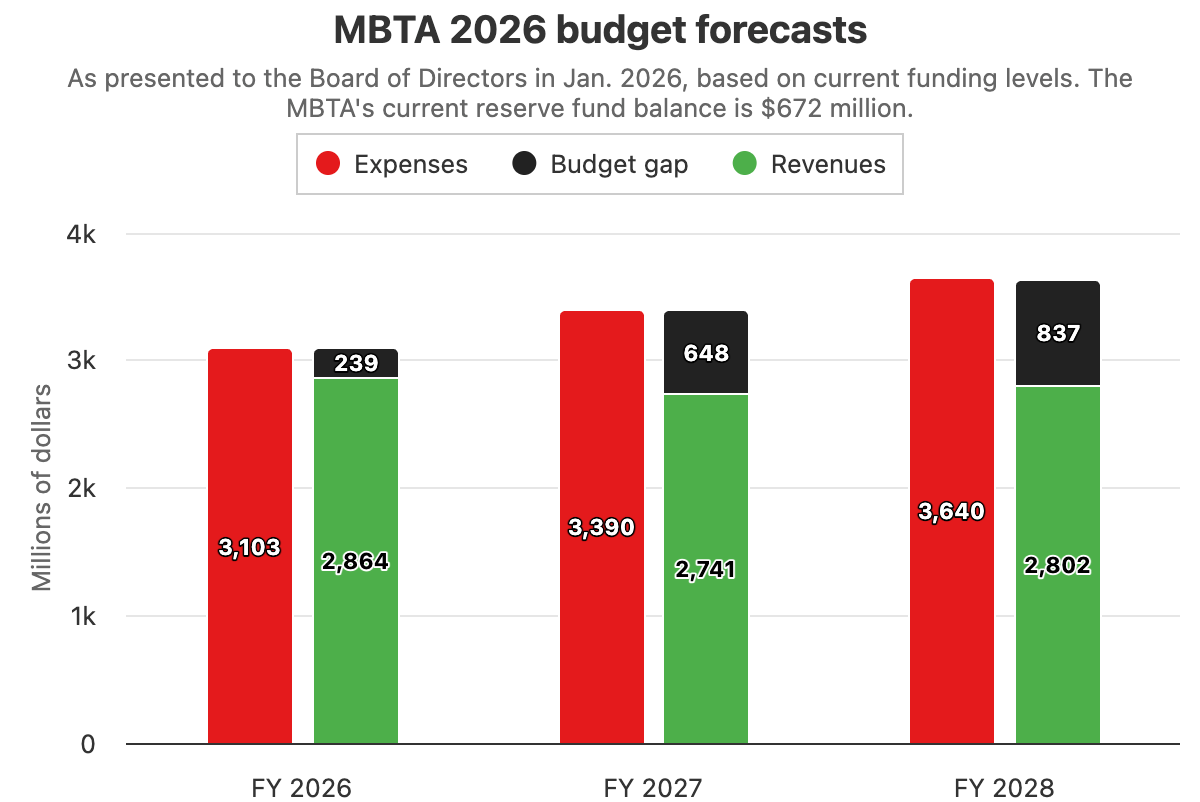In a committee meeting earlier this week, a majority of City Councilors endorsed a policy order calling on the city to eliminate minimum parking requirements from its zoning rules.
The policy order was initiated by freshman City Councilor Burhan Azeem, who was inaugurated to the Council in January after focusing extensively on housing and transit policy in his election campaign. Azeem also serves as the Treasurer of Abundant Housing Massachusetts, a housing advocacy organization.
The order directs city staff to "to examine the Zoning Ordinance and provide amendment language for consideration by the City Council to remove all other references to parking minimums."
The order also requests staff to "examine the Zoning Ordinance and provide amendment language for commercial parking maximums."
Councilors Quinton Zondervan and Marc McGovern co-sponsored the policy order, which passed by a 5-0 vote at Tuesday's virtual meeting of the Transportation and Public Utilities Committee.
“This is an easy win when one-third of Cambridge households don’t own a car," Azeem told StreetsblogMASS on Wednesday. "Parking spaces cost tens of thousands of dollars per spot to build, which in turn makes rents higher, and it's space that can't be used for housing. It’s an unfair subsidy for car owners, and it's unfair of the city to require it when most of our residents don’t use it."
Azeem notes that, in 2020, the Cambridge City Council eliminated minimum parking requirements and other onerous zoning rules for affordable housing developments with the adoption of its Affordable Housing Overlay ordinance.
Earlier this year, the City of Boston approved a similar zoning reform that waives parking requirements for new housing developments where at least 60 percent of the units are income-restricted for families whose household incomes are at or below the area median income.
"This has a really broad base of support," says Azeem. "If you still want parking, you're still allowed to build it, but this allows greater flexibility. More housing developments will be financially viable, and we have so many MBTA stops, it will make it more viable to put more jobs and homes near transit."
It will still take several months for Azeem's proposal to become law in Cambridge. For now, the policy order will go to the full Council for approval. Then, if it succeeds there, city staff will work with the Ordinance Committee and Planning Board to iron out new legal language for the zoning code, which will then go back to the City Council for final approval.
